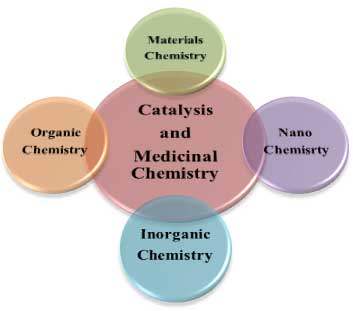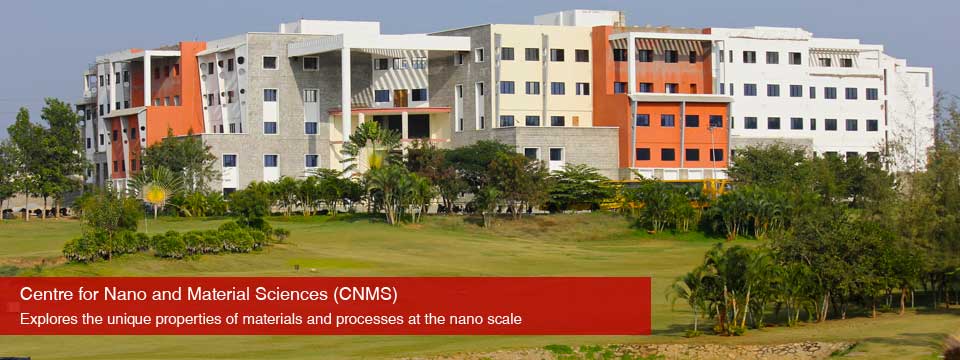Research Activities

Dr. Siddappa Patil's Research Flow Chart
Medicinal chemistry is the application of chemical research techniques to the synthesis of novel drugs based on an understanding of how they work at the molecular level. Medicinal chemists design and synthesize new bioactive compounds, aiming at the optimal balance of biological activity and physico-chemical properties, working in close collaboration with biology, molecular modelling and screening technologies. Several thousand new molecules need to be created, characterized and tested within a drug discovery project. Each round of feedback provides information to guide the next design decision, until one or more potential clinical candidates are identified.
In our research laboratory we discover the important aspects of both homogeneous and heterogeneous catalysis, particularly of organometallic and metal nanoparticles catalysts. Important strategic goals of our research are the design, synthesis and characterization of new, environmentally benign both homogeneous and heterogeneous catalysts and their utilization in several organic transformations with industrial interest. The transfer of results from model studies and mechanistic examinations to particular chemical products or processes is most important aspect here.
These research topics are at the interface of synthetic, materials, nano and medicinal chemistry and represent interesting, application driven, but challenging areas. In order to accomplish these goals and due to the complexity of the problem, I will enthusiastically seek collaboration with the both materials chemistry and medicinal chemistry research groups within and outside the institution.
Here in, Dr. Siddappa Patil’s laboratory, research is primarily devoted to the design and synthesis of novel catalysts for several organic transformations and bioactive compounds principally for use in the treatment of cancer and microbial inflammation. The students will gain skills in organic, organometallic, and materials synthesis, including use of anaerobic conditions, and pharmacological techniques. A range of analytical skills will be developed including spectroscopic (NMR, IR, and mass), microscopic (SEM and, TEM) techniques, thermogarvimetric and elemental analysis, single crystal and powder X-ray diffraction.
By utilizing the extensive knowledge of organic, inorganic, nano, materials and medicinal chemistry, research in the following five broad areas will be initiated:
1. Metal nanoparticles: synthesis, characterization and catalytic applications »
2. Graphene oxide, carbon nanotubes, and graphene nanoribbonsin catalysis »
3. 5,6-Dimethoxyindan-1-one: Potential new anticancer, antimicrobial and neurodegenerative agents »
4. Medicinal applications chromones »
5. 1,3,4-Trisubstituted-1,2,3-triazolylidene metal complexes as catalystsand bioorganometallic drugs »
|



